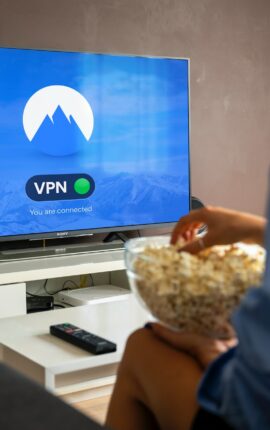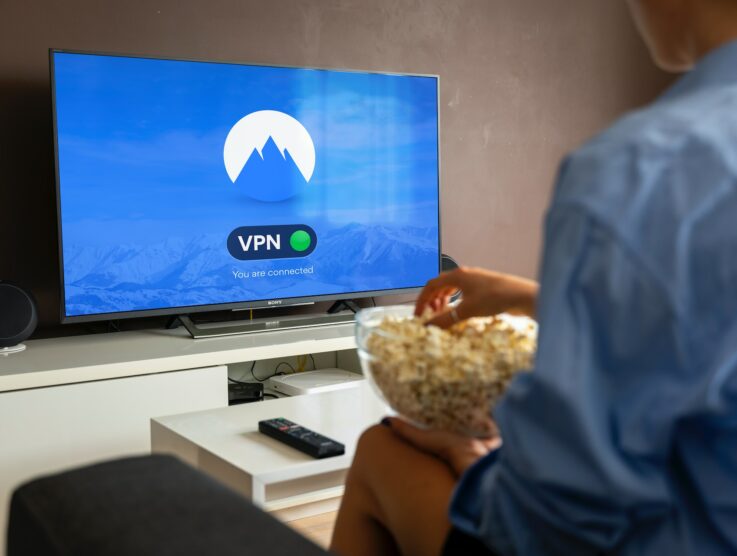
As the digital world becomes more connected and cyber threats more prominent, the use of Virtual Private Networks (VPNs) has become increasingly popular. While VPNs offer an array of benefits such as enhanced security and privacy, bypassing geo-restrictions, and escaping bandwidth throttling, there’s one common concern among users – the impact of VPN on internet speed.
How VPNs Affect Internet Speed
VPN’s primary function involves encrypting your internet traffic and rerouting it through a server in a location of your choice. This process can inevitably impact internet speed. Factors include:
1. Encryption Overhead
The encryption process that VPNs use to secure your data can increase the size of the data being transmitted, which may result in slower internet speeds. Stronger encryption methods may contribute to more significant slowdowns.
2. Distance to the VPN Server
The farther the VPN server from your actual location, the longer it takes for data to travel back and forth. This increased latency can slow down your internet speed. Choosing a VPN server close to your location can help minimize this impact.
3. Server Load
The number of people using the same VPN server can also affect speed. If a server is overloaded, it may struggle to handle all the traffic, resulting in slower speeds for the users connected to it. Reputable VPN services often mitigate this issue by offering a wide range of servers to distribute the load.
4. Internet Service Provider (ISP) Speed
Your baseline internet speed plays a critical role in the overall speed when using a VPN. If your internet connection is slow to start with, using a VPN may further decrease the speed.
Improving VPN Speed
While using a VPN may impact internet speed, there are ways to mitigate these effects:
1. Choose a Nearby Server
As previously mentioned, selecting a server close to your location can help minimize latency.
2. Try Different Protocols
Different VPN protocols have varying levels of speed and security. For instance, PPTP may be faster than OpenVPN or IKEv2, but it is also less secure. Balancing speed and security according to your needs can enhance your VPN experience.
3. Use a Premium VPN Service
Premium VPNs typically offer better speeds than their free counterparts, as they have more resources to invest in a vast array of servers and advanced technology.
4. Upgrade Your Internet Plan
If your base internet speed is slow, consider upgrading your plan for better performance, both with and without a VPN.
In conclusion, while a VPN can affect your internet speed, the benefits it provides in terms of security, privacy, and freedom online make it a worthy trade-off. Moreover, by making informed choices, you can minimize the impact of a VPN on your internet speed and enjoy a safe, private, and reasonably fast browsing experience.










